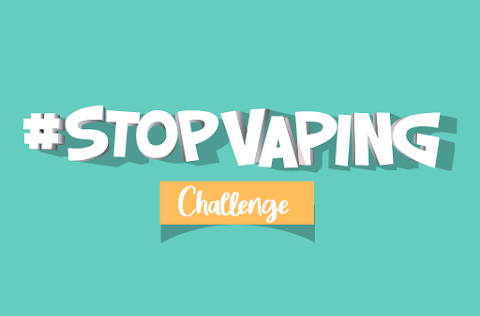Abstract
Prior research has suggested that a set of unique characteristics may be associated with adult cigarette smokers who are able to quit smoking using e-cigarettes (vaping). In this cross-sectional study, we aimed to identify and rank the importance of these characteristics using machine learning. During July and August 2019, an online survey was administered to a convenience sample of 889 adult smokers (age ≥ 20) in Ontario, Canada who tried vaping to quit smoking in the past 12 months. Fifty-one person-level characteristics, including a Vaping Experiences Score, were assessed in a gradient boosting machine model to classify the status of perceived success in vaping-assisted smoking cessation. This model was trained using cross-validation and tested using the receiver operating characteristic (ROC) curve. The top five most important predictors were identified using a score between 0% and 100% that represented the relative importance of each variable in model training. About 20% of participants (N = 174, 19.6%) reported success in vaping-assisted smoking cessation. The model achieved relatively high performance with an area under the ROC curve of 0.865 and classification accuracy of 0.831 (95% CI [confidence interval] 0.780 to 0.874). The top five most important predictors of perceived success in vaping-assisted smoking cessation were more positive experiences measured by the Vaping Experiences Score (100%), less previously failed quit attempts by vaping (39.0%), younger age (21.9%), having vaped 100 times (16.8%), and vaping shortly after waking up (15.8%). Our findings provide strong statistical evidence that shows better vaping experiences are associated with greater perceived success in smoking cessation by vaping. Furthermore, our study confirmed the strength of machine learning techniques in vaping-related outcomes research based on observational data.
Date: January 2022
Type of Publication: Journal Article


 Download directly from your phone’s app store, or through the following links:
Download directly from your phone’s app store, or through the following links: 




